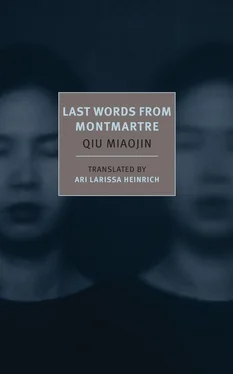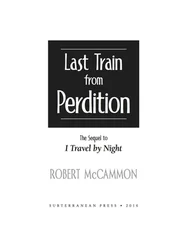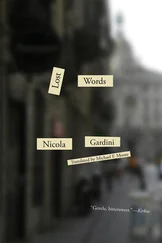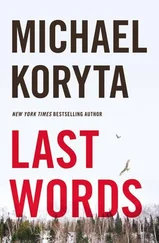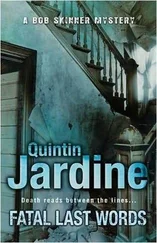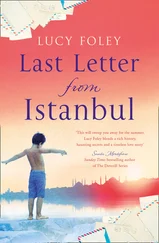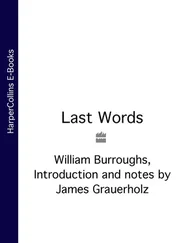When the Nationalist government lifted martial law in 1987, and with it the broad-based censorship of literary and political expression, the time was ripe for Taiwan’s literature scene to explode. Boundaries were broken, comfort zones challenged, and distinctions blurred in ways akin to the civil rights movements in the United States. Not only did Taiwan “nativist” activists now campaign for the adoption of Hokkien as a national language (itself generating debate about which language could best represent Taiwan’s current ethnic and cultural diversity), but in the 1990s there was also, as the scholar Fran Martin summarized so effectively in Angelwings: Contemporary Queer Fiction from Taiwan (2003), a “diversification and strengthening of a range of grassroots political movements including feminism, the Indigenous people’s movement, the trade union movement, the environmental movement, and the tongzhi [gay and lesbian] movement.” During this period, new literary journals and magazines sprang up to meet increasing levels of demand by a urban middle class hungry for literature, while cultural commerce between Taiwan and Western nations increased dramatically as numerous European and American classics were translated into Chinese for the first time. The sheer variety of literary forms emerging in this period dazzles the mind: not only did everyday readers witness an improbable “mainstreaming of a postmodernist literary aesthetic that privilege[d] narrative fragmentation, linguistic play, a contemporary urban setting, and a global imaginary” but if postmodern aesthetics didn’t appeal, a reader could now also choose from “realism, surrealism, metafiction, psychological literature (xinli wenxue) , urban literature, the nostalgic ‘literature of the veteran’s neighborhood’ (juanqu wenxue) , Indigenous literature, and feminist writing, [as well as] popular forms such as fantasy, mystery, martial arts fiction, and science fiction.” Figuring centrally in this emerging proliferation of literary and cultural taxonomies, moreover, was queer literature, or what Martin has called “the literature of transgressive sexuality.” Queer literature in many ways occupied a larger-than-life position in Taiwan in the decade after martial law, as public discussion about sexual subcultures increased exponentially in “newspapers, television, radio, and Internet chat rooms, as well as at universities and academic conferences.” So conspicuous a presence on the literary scene was queer literature that, for a time, it seemed as if “not a literary competition went by without at least one prize being awarded to a tongzhi -themed short story, novella, or novel,” causing one Taiwanese literary critic to remark that “homosexuality” as a topic had even “become a ‘fad.’”
Multicultural, polyglot, literate, ambitious, and queer — such was the literature and arts scene into which Qiu was born, and such was the scene that she helped to shape. Indeed, key dates in her short life track closely with some of the early milestones I’ve already mentioned. When she was still a teenager, for instance, Qiu moved from her native Changhua County (in southeastern Taiwan) to attend the top girls’ academy in Taipei, a sort of Taiwanese Brearley School called Beiyinu, or Taipei First Girls’ School. Qiu graduated in 1987, just as martial law was lifted, and then enrolled at the prestigious National Taiwan University. While an undergraduate, just as a new generation of writers began to embrace postmodernism, Qiu began publishing short stories that were serialized in local newspapers. Not quite romans à clef, these stories featured homoerotic subtexts as well as various protagonists who bore conspicuous resemblances to the author. One of these stories won Qiu her first literary award, the Zhongyang Times short-story prize in 1989, when she was twenty. Then in 1990, the same year Taiwan’s first lesbian activist group, Wo men zhi jian (Between Us), was organized, Qiu’s novella-length story “The Lonely Crowd” won the Lianhe Literary Prize. The following year she graduated with a bachelor’s degree in psychology and also published her first collection of short stories, The Revelries of Ghosts .
After graduating, Qiu worked for a time in Taipei as an assistant in a psychiatry clinic and then briefly as a journalist for the weekly magazine The Journalist before finding a job in a teahouse so that she could focus on completing Notes of a Crocodile. In 1992, the infamous TTV News Incident, where a television reporter surreptitiously filmed people at a Taipei lesbian bar and later broadcast it on the evening news, brought public attention to questions of “outing” and queer identity politics. Notes of a Crocodile , completed in the wake of the TTV News Incident and subsequent debates, chronicles the life of a lesbian university student and a “cartoon-like, non-gendered crocodile” who, despite a “frenzy of media speculation,” is determined to “conceal the fact that it is a crocodile from the public and the media by wearing a ‘person-suit.’” *Though slightly sardonic in tone, Notes was still highly accessible (as only a novel featuring a talking crocodile can be), and long before it was noticed by the judges for the China Times award, it was celebrated in queer circles and its vocabulary adopted as kind of lesbian code. Timing was therefore certainly a factor in Qiu’s literary success: She found, and also helped to create, a receptive and diverse audience for her work in Taipei in the early 1990s.
But Qiu also had a rare gift. She possessed an innate clairvoyance and ambition that seems to pop out of nowhere in certain young writers — Rimbaud being perhaps the most famous and profound manifestation of this. Her precocious insight, however, didn’t fully bloom until she left home in 1994. At the age of twenty-five, Qiu moved to Paris to pursue graduate studies in clinical psychology and feminism at the Université de Paris VIII, where the distinguished French feminist Hélène Cixous had established France’s first graduate-level women’s studies program, the Centre d’Études Féminines (a program which, during Qiu’s time there in 1995, the government threatened to eliminate). The detonations of the Taipei literary scene well out of earshot, Qiu immersed herself in Parisian culture and read voraciously, not only Cixous’s books and essays but also works by Clarice Lispector (in French translation), André Gide, and Jean Genet. She watched as many films by Theodoros Angelopoulous and Andrei Tarkovsky as she could; rhapsodized about the sculptor Paul Landowski; and thought deeply about how to fuse these influences with her appreciation for the Japanese modernists as a way to transcend the normalizing limits of narrative structures while remaining artistically authentic. In Paris, assembling what she viewed as her masterpiece, Qiu abandoned the model of the thinly veiled autobiographical avatar that had served her so well in Notes of a Crocodile , and instead sought to incorporate a novelistic self-awareness directly into her writing. The result was a work that could hardly be classified as memoir or as epistolary romance in any traditional sense, nor could its innovations with form and language particularly fit as a strict work of fiction. As she writes in Last Words ,
I’m an artist, and what I really want is to excel in my art…. My goal is to experience the depths of life, to understand people and how they live, and to express this through my art. All my other accomplishments mean nothing to me. If I can only create a masterpiece that achieves the goal I’ve fixed my inward gaze upon during my creative journey, my life will not have been wasted. (Italics mine.)
Читать дальше
